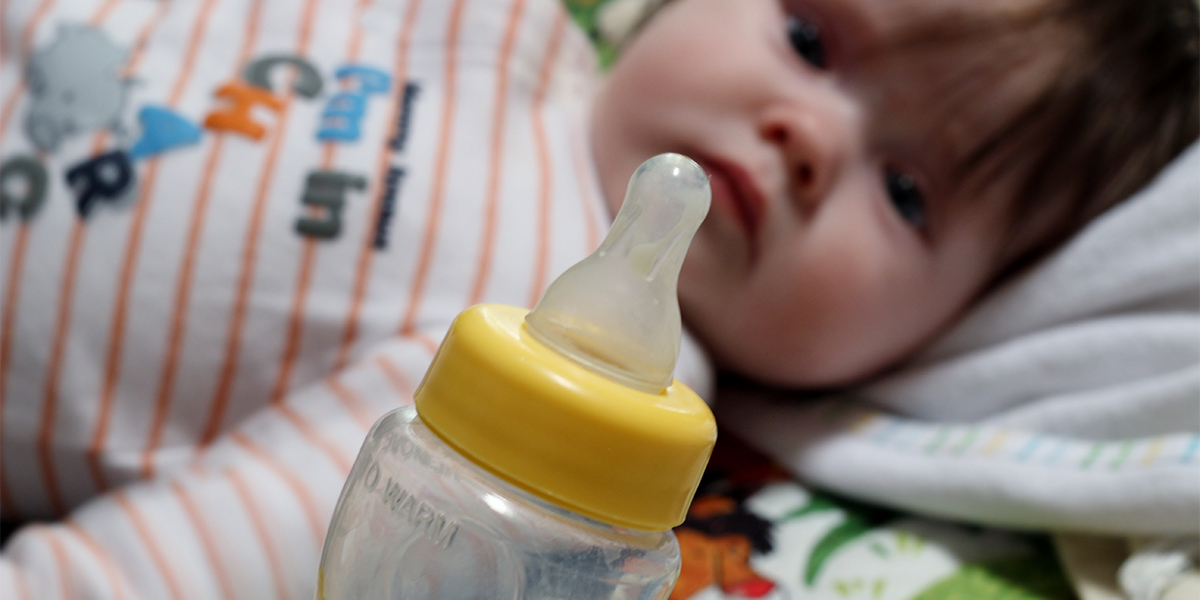Emory, Ga. Tech To Study Children’s Exposure To Chemicals

Bradley Gordon / flickr.com/icanchangethisright
The National Institutes of Health is giving Georgia Tech and Emory $8.3 million to establish a lab to study children’s exposure to chemicals.
Researchers from all over the country can send samples to the lab and get them analyzed. It’s part of a network the NIH is establishing in place of the National Children’s Study, a federal program to study environmental health that ended last year.
“When you think about various environmental factors that can affect health it’s very easy to consider things like lead,” said Gary Miller, an environmental health professor at Emory and associate dean for research at the Rollins School of Public Health. “But there’s many different types of metals. There’s different pesticides, many different classes of them. There’s plasticizers. There’s many things that affect out endocrine systems.”
The lab will help researchers do sophisticated analysis they might not be able to accomplish at their own schools, said Miller. And it won’t just be limited to looking at chemicals scientists already know are dangerous.
“From a public health standpoint, we’ve made some major gains, for example … reducing lead exposures in children,” said Miller. “But we are exposed to thousands and thousands of different chemicals.”
Miller says a lot of research in the United States has focused on genes, but that’s not the whole story.
“It’s very clear that the genes can’t explain it all,” he says. “We’re taking a closer look at how the environmental factors are affecting human health.”
9(MDAxODM0MDY4MDEyMTY4NDA3MzI3YjkzMw004))







